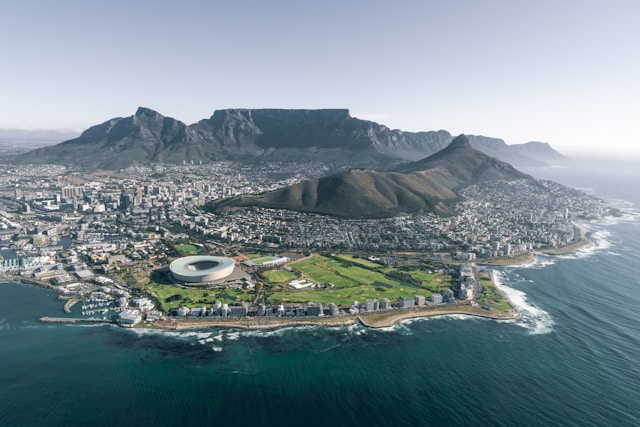RESPONSIBLE TOURISM POLICY – SOUTH AFRICA
Sustainable Development
Assigment:
Nelson Mandela was freed. South Africa had just emerged from its system of Apartheid, where the previously-advantaged white people and the previously-disadvantaged blacks, now had to work together to create a common, sustainable future. Tourism, contributing only 4% of GDP at the time (because of the apartheid-led restrictions), was seen to be a major hope; a potential driver of South Africa’s sustainable growth and development; the potential to create a tourism that benefited all South Africans.
The challenge was to develop a ‘new tourism’ – a tourism that would blur pervious inequalities; a tourism that will not destroy the environment; a tourism where all stakeholders took responsibility for the industry’s success; a tourism that will benefit all.
The aim of the assignment was to development of a National Tourism Policythat would ‘develop the tourism sector as a national priority in a sustainable and acceptable manner, so that it will contribute significantly to the quality of life of every South African’
Key Project Outcomes




Results:
A Forward-Looking Policy
One of the most forward-looking and timely tourism policies was crafted with the ‘buy in’ of all stakeholders.
Tourism Economic Contribution Doubled
Within the time span of a mere four years, tourism had doubled its contribution to the South African Economy.
Leve Global Invented Responsible Tourism
The South African National Tourism Policy was the first policy in the world to espouse and to adhere to the concept ‘Responsible Tourism’. In fact, this was the first time that the term ‘responsible tourism’ was used in the Travel and Tourism industry and is first cited in South Africa’s tourism policy of 1996. Responsible tourism has now become the norm and ‘best practice’ for almost all travel and trade suppliers and even customers and travellers.
South Africa now had a clear policy directive and the foundation for the development of sustainable and responsible travel and tourism.
Achieved Buy-in from Stakeholders
All Stakeholders had ‘bought into’ and were committed, to the concept and principles of responsible tourism.
A Clear Framework for Responsible Tourism
The tourism policy provided a clear framework and organisational structure for the implementation of responsible travel and tourism.
